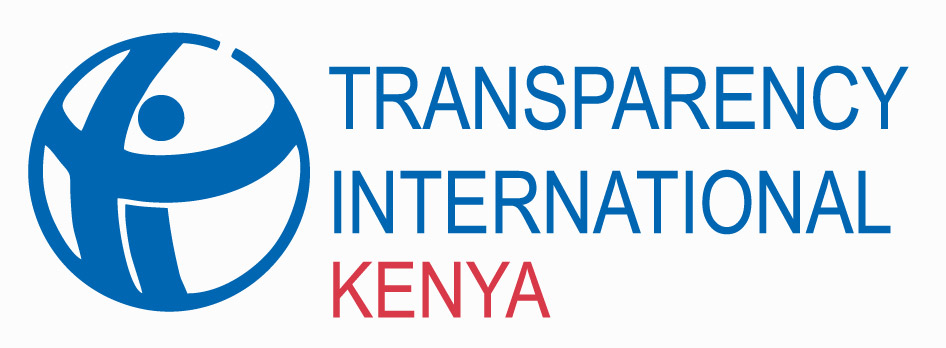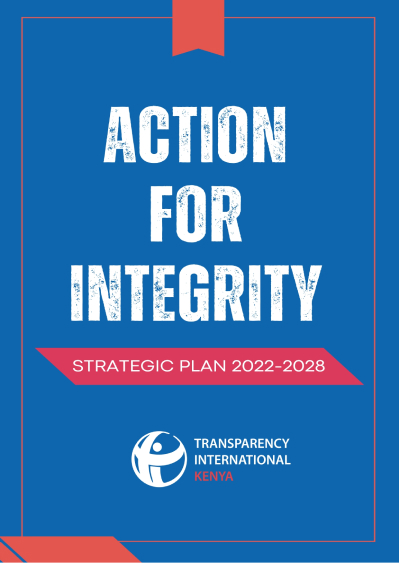By Robert Mwanyumba and Sheila Masinde
The Africa Conference on Debt and Development (AfCoDD) and the Africa Climate Summit happened hot on the heels of each other on two opposite ends of the continent, Dakar and Nairobi. Although these issues are inextricable at prima facie, you would not be mistaken to make a cursory link to loss and damage occasioned by extreme weather events identified as the inevitable repercussions of the climate crisis.
The fact that Africa’s sustainable development gap is exacerbated by climate change, invariably leads to increased gaps in development financing and disruption to domestic revenue mobilisation and of consequence to financing gaps that occasion an increase in the debt stock for African states.
Policy direction should therefore refrain from orienting itself from crises to normalcy but rather, how to address multiple crises as the full extent of the climate crisis is yet to be realised, mitigation measures withstanding.
In this respect, affordable and sustainable financing options need to be part of the menu of options for states with a clear implementation strategy from state parties both on short to long-term periods. A polycentric policy approach means recognising the multidisciplinary approach necessary fraught with political trade-offs and economic opportunity costs at national, regional and global level. With high inflation and a volatile commodities market, we have seen civilian unrest egged on leaders of African states to clamour for short-term solutions. The bandwagon of summits with leaders representing global ideological polarities has not stopped African states from engaging them in equal measure.
The Africa Climate Summit did not shy away from pointing out the discrepancies of the global financial architecture pointing out that 40% of the world’s renewable energy resources being held on the continent. Business cannot be as usual, given the need to leapfrog traditional industrial development paradigms. So how is it then, that finance can be fit for purpose if the same controls are deployed to an atypical trajectory?
The climate crises continue to point out the need for innovative financial models which became even more prominent in the call for debt pause clauses, review of the prohibitive cost of capital, exploring blended finance instruments and debt sustainability analysis. For a minute, you would be mistaken if you thought this was an economics conference and not one focused on climate.
However, the reality of the climate crises, too few resources directed at a colossal shift. Noteworthy “Climate positive growth is beyond the borrowing capacity of national balance sheets or the risk premium that Africa is currently paying for private capital.” This means that a review of the current obligations and contemporary financing mechanisms is critical to ensure that the trajectory for climate action is aligned although with differentiated responsibility.
Debt, climate change and revenue mobilisation are akin to conjoined triplets difficult to separate but mutually reinforcing.
It is important however, to retort that global action is often complemented by national effort and in this case, it is crucial to call out the Kenyan government on its proposal to trade carbon credits within the Nairobi Financial International Centre (NIFC). Carbon credit trading is not without its criticisms especially where fossil fuel companies can continue to pollute as long as they can pay their way into carbon markets, but if a sustainable growth trajectory is sought, then common goods cannot be traded in exclusive markets that do not accrue necessary resources for the nation to invest but instead jeopardise them further to Illicit Financial Flows.
Even as the clamour for resources receives attention, it is important to ensure that these resources are not another corruption haven where cronyism, gatekeeping, rent seeking and white elephants become the norm. In this respect, climate change investments need to entrench both horizontal and vertical accountability mechanism. This will require an active role being played by independent oversight institutions and citizen engagement in both priority setting and decision making. Complementary interdisciplinary and multisectoral approaches will ensure resources are allocated and utilised accordingly. This demands that deliberate efforts are put in place to facilitate meaningful engagement to foster both transparency and accountability in climate governance.


